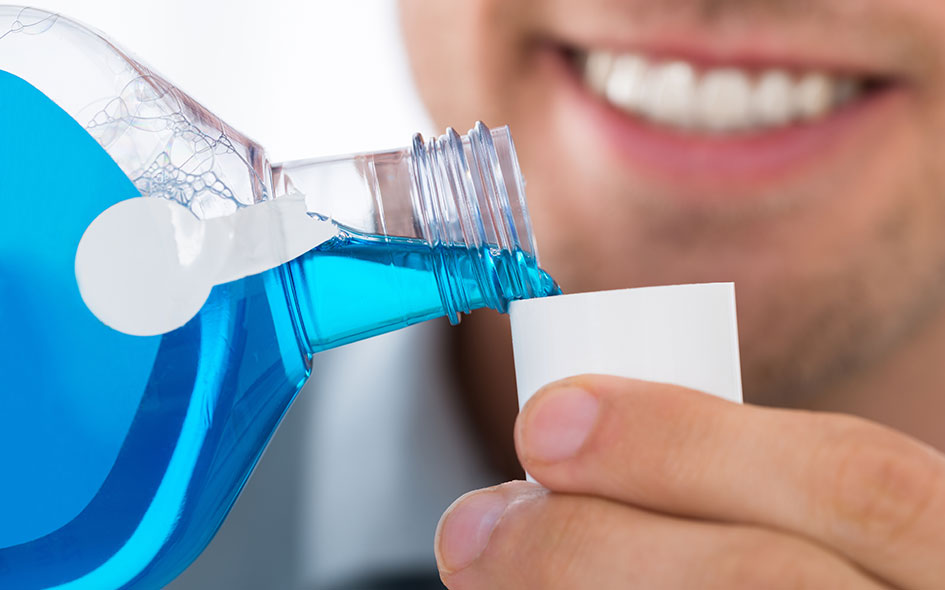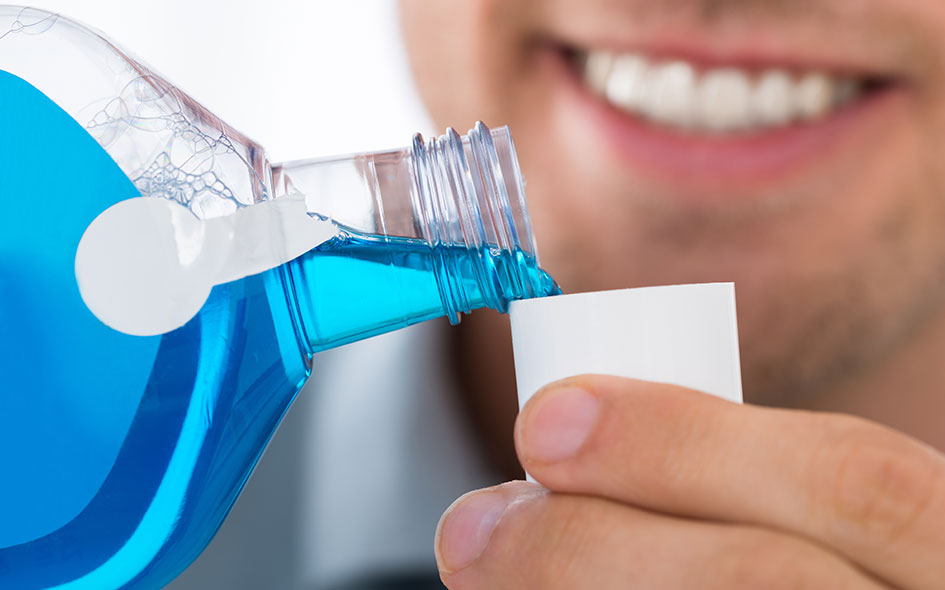Fluoride is a mineral that fights acid-producing bacteria that cause tooth damage (dental caries). It is found in many foods and water, and it strengthens and preserves tooth enamel, keeping teeth strong and healthy.
According to several studies, community water fluoridation (the addition of fluoride to drinking water) reduces tooth decay in children and adults by roughly 25%. This article examines fluoride treatments, including its advantages and disadvantages.
Fluoride should be part of your everyday oral hygiene practice to keep your teeth healthy. It is added to many people’s drinking water by local towns. Furthermore, people use fluoride-containing toothpaste.
Fluoride can be applied to your teeth using either of these procedures. If you require additional fluoride, your dentist may recommend a dental fluoride treatment.
Procedure
While there are fluoride treatments available over-the-counter (OTC) for adults and children, your dentist may recommend an in-office fluoride treatment. Among them are:
- Fluoride mouth rinses are a concentrated solution that you swirl about in your mouth and around your teeth as instructed, usually once or twice a day.
- Fluoride supplements come in tablet or lozenge form and are taken by chewing or sucking the supplement before swallowing. Fluoride supplements are also available as a liquid that you swish around in your mouth before swallowing.
- Your dentist will apply fluoride gel or foam to your teeth and leave it on for several minutes before rinsing.
- Fluoride varnish is an in-office therapy that involves brushing fluoride onto your teeth and leaving it there until it is absorbed or brushed off after several hours.
Fluoride concentrations in prescription and in-office dental fluoride treatments are higher than in OTC and toothpaste. They should never be used without your dentist’s permission.
Brush your teeth twice a day using fluoride toothpaste to keep them healthy. Fluoride levels in toothpaste typically range from 1,000 to 1,500 parts per million (ppm).
Before using fluoride toothpaste on children under the age of two, parents should consult their healthcare practitioner, physician, or dentist. The American Academy of Pediatrics recommends applying a “smear” of fluoride toothpaste twice a day when your child cuts their first tooth.
Fluoride toothpaste should be used in a pea-sized amount by children aged 3–6 years. Fluoride in lower amounts is also available for children under the age of two (for example, 500 ppm).
If you require additional fluoride, speak with your dentist about particular fluoride dosages.
Cost
Dental fluoride treatments vary in price depending on the type, but they usually start at around $25. Certain dental fluoride treatments may be covered by your dental insurance policy. Before getting one at the dentist’s office, talk to your insurance provider about these treatments.
Benefits
Fluoride is necessary for good oral and dental health. Its benefits include strengthening teeth, maintaining tooth enamel, and preventing tooth decay. Fluoride also helps to minimize the amount of acid produced by bacteria on your teeth.
Side Effects
Fluoride, like many other minerals, can be harmful if consumed in large amounts. However, brushing your teeth twice a day with fluoride toothpaste reduces the amount of fluoride in your mouth to a safe level. If your dentist recommends extra fluoride treatments, follow the instructions carefully.
If children aged 8 and younger consume too much fluoride over time, they are in danger of developing dental fluorosis, or tooth discoloration. This is due to the fact that their permanent teeth are still forming beneath the gum line.
The Bottom Line
Fluoride, which can be found in toothpaste and/or drinking water, can help prevent tooth decay. Your dentist may suggest more fluoride treatments if necessary. These procedures are simple and effective techniques to prevent tooth decay and gum disease. Brushing your teeth twice a day with fluoride toothpaste is essential for good dental health.
Visit a board-certified dentist for a regular dental hygiene checkup at least once a year. Your dentist will examine your teeth and gums for any changes that may indicate tooth decay or gum disease, both of which require treatment.

